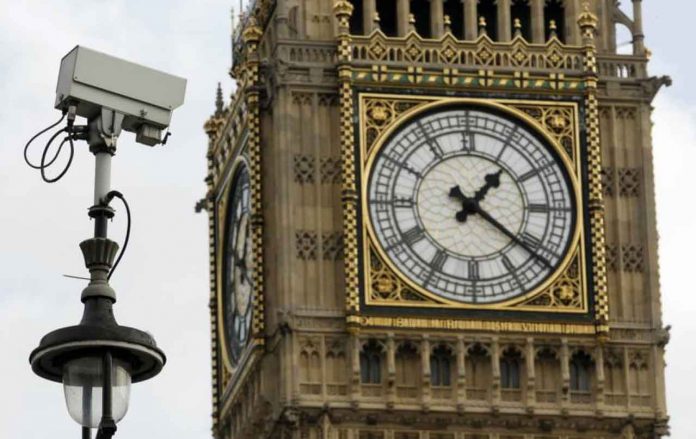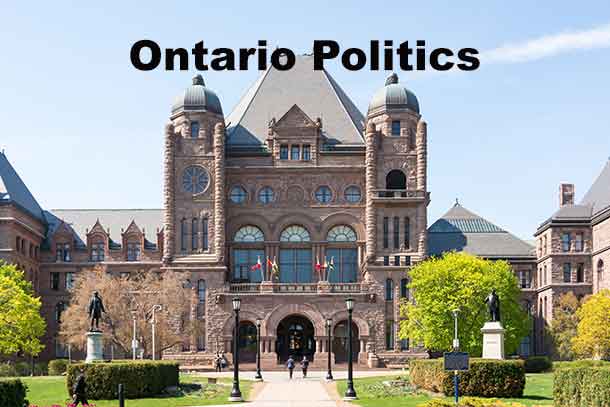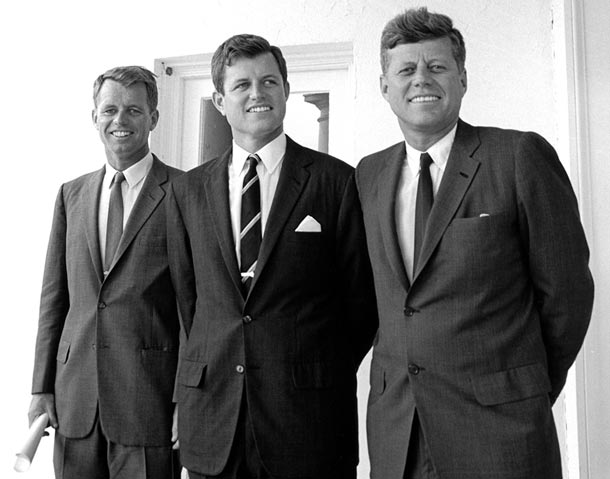Liz Truss and Rishi Sunak both back net zero, but say little more about climate as they bid to succeed Boris Johnson as prime minister
- Climate issues barely feature in leadership showdown
- Truss and Sunak commit to net zero but little else
- Climate diplomacy seen tougher than ever at COP27
By Jack Graham
LONDON – (Thomson Reuters Foundation) – The two contenders to become Britain’s next prime minister, Rishi Sunak and Liz Truss, have clashed over tax cuts and spending in fiery TV debates. But one issue has received little airtime in the race for Downing Street – climate change.
As Conservative party members start voting, some climate campaigners fear the ambitious emissions-cutting strategy planned by outgoing PM Boris Johnson could falter under his successor – though both Sunak and Truss say they back net zero.
In a letter to the BBC after the broadcaster’s head-to-head debate last week, climate campaigners and organisations said it was “unacceptable” for the issue to be “skimmed over in just 2-3 minutes”.
“Whoever leads the next government … must show global leadership on this issue and prove they’re serious about delivering on commitments for climate and nature,” said Katie White, campaigns director at green group WWF, who co-signed the letter.
Under Johnson in 2019, the Conservatives won a majority “on the back of their greenest manifesto ever”, so candidates should explain how they will deliver on those promises, she told the Thomson Reuters Foundation in an email.
Last November, Britain hosted the COP26 talks in Glasgow, two years after becoming the first member of the Group of Seven (G7) wealthy nations to pass a law committing to reaching net zero greenhouse gas emissions by 2050.
But experts are concerned that the country’s global leadership on climate could be weakening at a crucial time, as the difficult work of implementing policies begins.
That could have implications for action on climate risks globally if a country seen as a leader pulls back on its commitments, leaving diplomatic room for others to do so as well.
‘RACE TO THE BOTTOM’?
Both Sunak and Truss committed in July to the government’s net zero target by signing an environment pledge from the Conservative Environment Network (CEN) – a green forum backed by more than 130 Tory MPs.
But their limited announcements so far have left some climate experts and campaigners feeling nervous.
Truss wants to suspend green levies added to energy bills, while Sunak has said he would fund energy efficiency measures by taking money from heat pump subsidies, and would not relax a ban on onshore wind farms in England.
The debate appears to be a “race to the bottom” framed by a backlash against green spending by a small group of Conservative MPs called the Net Zero Scrutiny Group, said Chris Venables, head of politics at the Green Alliance think-tank.
“That does send signals globally about the UK’s credibility on this issue,” he said.
Whoever takes over as prime minister in September will have to answer to the broader electorate and not just Tory members, who number about 200,000.
Several polls have demonstrated strong public support for climate action, and a recent survey by centre-right think-tank Onward found it could be critical for winning seats at the next election.
The new leader will also inherit a comprehensive roadmap to reach net zero.
“Unlike almost every other country in the world, the UK now does have a strategy for almost every sector of the economy to decarbonise,” said Chris Stark, chief executive of Britain’s independent Climate Change Committee (CCC).
The CCC warned in its recent progress report that despite a strong strategy and bold targets, implementation of climate policies has been lagging far behind.
“We now have a secondary question of: well, are they actually going to be delivered?” Stark added.
‘SOFT POWER’
Johnson’s successor will also take over at a fragile time for international climate diplomacy, as the Ukraine war disrupts global energy supplies.
“Since COP26 … the global situation has, in general, become more complicated,” said Bernice Lee, a research director at Chatham House, a think-tank.
“Energy security has become more front and centre,” she said, adding that the matter would be a priority at the next round of U.N. climate negotiations, November’s COP27 in the Egyptian resort of Sharm el-Sheikh.
Tensions between developed and developing nations could intensify as wealthy countries fail to provide adequate financial support, Lee said.
Rich nations are falling well short of delivering on their $100 billion promise to help developing nations deal with climate change, the Organisation for Economic Co-operation and Development (OECD) said last week.
COP27 will be a “reckoning” for Britain as its first without hosting duties or as part of the European Union, said Rachel Kyte, dean of The Fletcher School at Tufts University.
Since COP26, she said the country’s climate diplomacy has become a “one-man diplomatic effort” by COP President Alok Sharma, a former business minister under Johnson who will step down at November’s talks.
She said Britain needs to be agile and utilise its significant “soft power” to lead from the front, such as London’s green finance leadership, strong civil society organisations, and leading academics.
“If the UK wants to be a global leader in climate, that’s what it’s going to have to do,” Kyte said.
“And that will require more than Alok Sharma’s air miles.”
(Reporting by Jack Graham; Editing by Helen Popper. Please credit the Thomson Reuters Foundation







